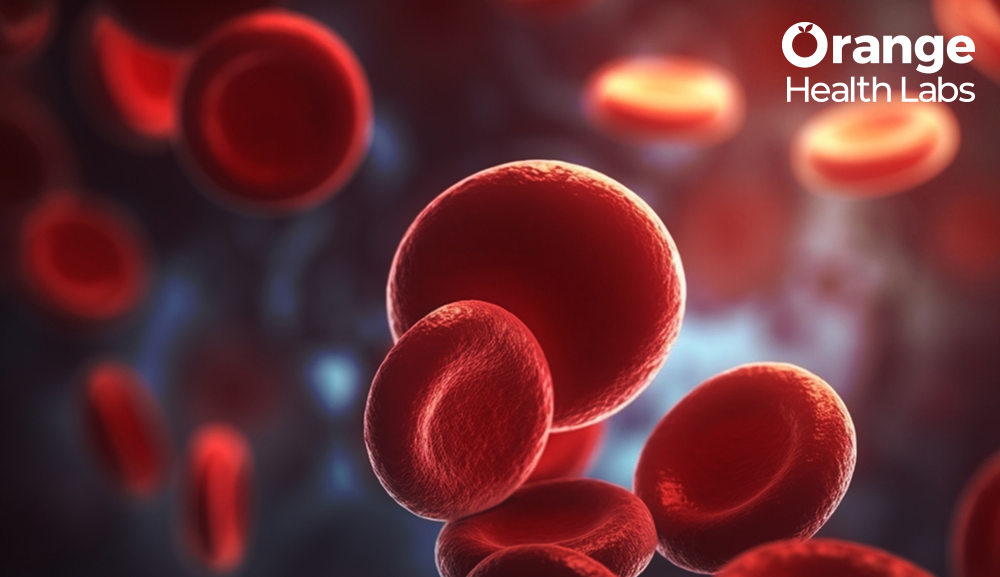Search for tests or checkups
SupportAll About Respiratory Allergy

Understand your immune system, recognize causes and symptoms of dust and inhalants allergy, seek testing and treatment from healthcare professionals
What Causes Allergies?
An excerpt from The Body - by Bill Bryson.
According to one estimate the average urban dweller inhales some 20 billion foreign particles every day - dust, industrial pollutants, paten, fungal spores, whatever is adrift on the day's air. A lot of this stuff can make you very ill, but it doesn't, by and large, because your body is normally adept at challenging intruders.
If an invading particle is big or especially irritating, you will almost certainly cough or sneeze it straight back out again (often in the process making it someone else's problem). If it is too small to provoke such a vehement response, it will in all likelihood be trapped in the mucus that lines your nasal passages or caught by the bronchi, or tubules, in your lungs. These tiny airways are lined with millions and millions of hair-like cilia that act like paddles (but beating furiously at sixteen times a second), and they swat the invaders back into the throat where they are diverted to the stomach and dissolved by hydrochloric acid. If any invaders manage to get past these waving hordes, they will encounter little devouring machines called alveolar macrophages, which gobble them up. Despite all this, occasionally some pathogens get through and make you sick. That's the way life is, of course.
And that is what leads to allergic reactions like running nose, watering eyes, sneezing, wheezing, breathing difficulties and more.
What exactly is an allergy?
Simply put, it is your immune system’s job to identify and destroy germs (such as bacteria or viruses) that make you sick. When your immune system overreacts to a substance that's normally harmless, it means having an allergy to that substance.
Approximately 33 % of the total population in India suffers from at least one allergic disease. An estimated 37.9 million people in India have asthma. The burden of asthma in India exceeds the number of people with HIV infection or tuberculosis.
To put it into perspective, here are some facts: Everyday, an average human adult processes about 12,500 litres of air. Like pets, we humans also leave dander ( flecks of skin) around our house: about half a kilo every year. Add to that: air pollution, fungal spores, and other inhalants and moulds, it can be the reason behind sniffles, wheezing and in worse case - anaphylaxis.
What is it? Allergy, Flu, Viral or Infection?
How to tell if your symptoms are because of an allergy or an infection? An allergy develops mostly in childhood but can develop or progress at any point in your life as an adult. You can become allergic to new substances or develop tolerance for others. Inhaling the tiniest amounts could make you uncomfortable.
If a change in season leads to breathlessness or fever, if you have been falling sick more often than usual, if your nasal passage is inflamed: how to tell whether it is caused by an infection, virus or allergy? Between cold and allergic rhinitis, one small difference is believed to be itchy eyes.
And why exactly is finding this out important? Because this could determine the course of medication/treatment and could drastically improve your life quality. You could be taking decongestant for days together and still see no result. One dose of antihistamine could do it for you. Similarly, allergy medications won’t help you with sinus or virals.
An allergy profile test diagnoses the types of allergy one could have and can point towards the right allergy treatment.
How to treat allergies:
Remedies for allergies? For milder reactions one can use over the counter antihistamines or even prescription antihistamines. Skin allergies can be treated with topical creams. However, best is to consult a doctor and never self medicate for severe allergic reactions.
How To Prevent Allergies:
You can't fully prevent allergies. Skin allergy, food allergy, pollen allergy, gluten allergy, insect bite allergy and more. There are different types of allergies that are triggered by different allergens. While there are several allergy treatments and allergy medicines and even anti-allergy vaccines which are yet to be validated, the starting point we believe is to prevent allergies by identifying and avoiding your triggers as much as you can.
If eating fish, egg, peanuts gives you indigestion or makes you sluggish, you should make a food journal, observe what's bothering you and avoid eating it altogether. Similarly, if running in the park gives you a runny nose, wear a mask or run indoors. For those sensitive to dust and inhalants, deep cleaning store rooms can alleviate symptoms. Pollen season can make you indispensable at work.
To create an exhaustive trigger checklist, it is best to talk to your doctor, take an allergy test and then adjust your food and living habits based on the test results. Here's how you can test at Orange Health Labs:

Understanding Mean Corpuscular Haemoglobin Concentration: A Key Indicator of Blood Health

Are regular Full Body Check-ups important?
